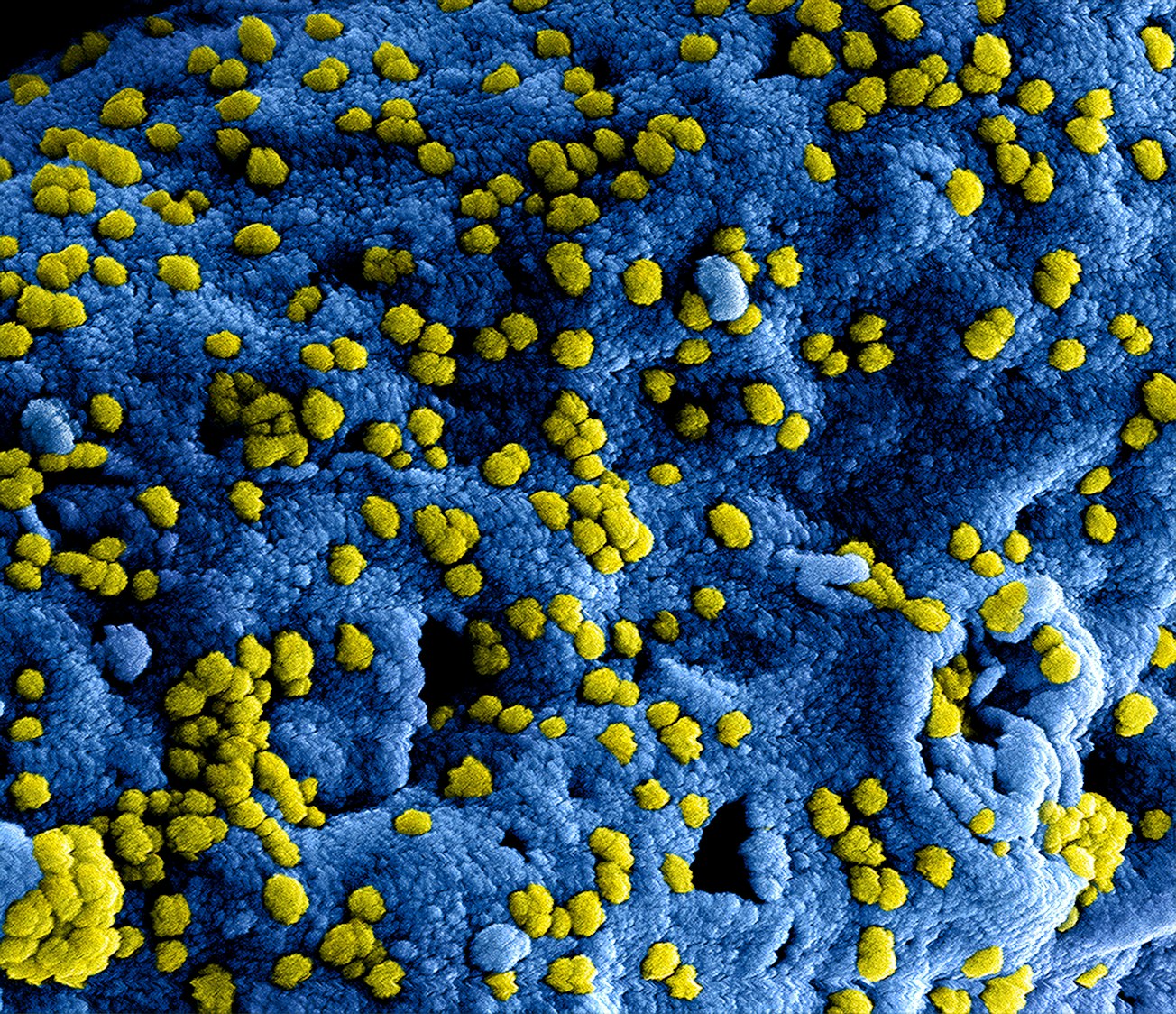What is it about?
In this study, we have proposed seven potential poly-epitope peptide vaccines which prove to be best combinations of four or five epitopes from antigenic and virulent proteins of H. pylori. They have potential to evoke immune system against the pathogen and thus can be subjected for efficient vaccine models. A poly-epitope peptide vaccine that has greater interaction with HLA alleles and TLR receptors can be a potential vaccine with greater efficiency and efficacy. These findings are novel and purely computational that can lay the basis of future wet lab studies.
Featured Image

Photo by CDC on Unsplash
Why is it important?
Helicobacter pylori remained a challenge to human health for centuries. A variety of antibiotics and combination therapies are available to cure H. pylori induced carcinoma and ulcers, however, no effective treatment is available to eliminate the pathogen from the body. Additionally, antibiotic resistance is also the reason for prolonged and persistent infection. Vaccinology is now the only alternative opportunity to exploit against H. pylori induced diseases.
Perspectives
The proposed poly-epitope vaccines candidates bind efficiently with A2, A3, B7 and DR1 superfamilies of HLA alleles. They can also form stable and significant interactions with Toll-like receptor 2 and Toll-like receptor 4. These features suggest that these subunit vaccines can elicit a significant immune response against H. pylori and can be tested further for efficient vaccine development.
Anam Naz
University of Lahore
Read the Original
This page is a summary of: A multi-method and structure-based in silico vaccine designing against Helicobacter pylori employing immuno-informatics approach, Current Proteomics, April 2020, Bentham Science Publishers,
DOI: 10.2174/1570164617999200414120231.
You can read the full text:
Contributors
The following have contributed to this page










